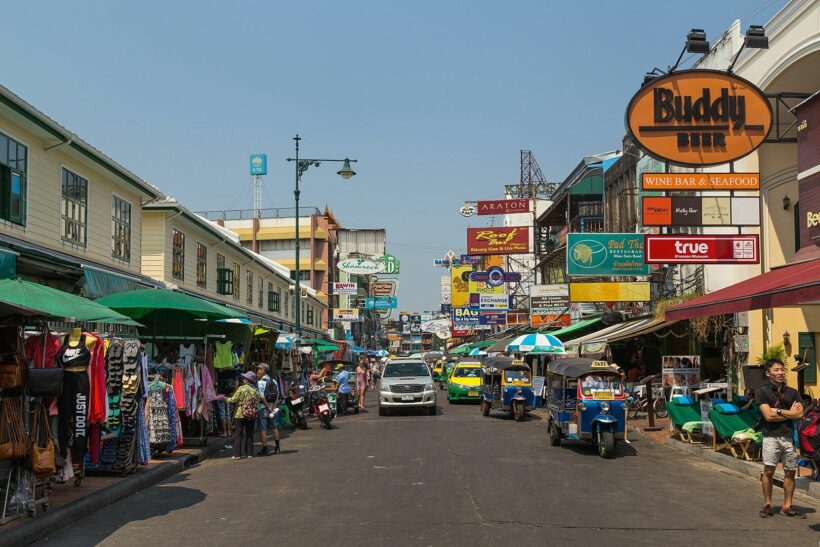Small hotels call for looser regulations to allow them to be legal

Hot on the heels of the Ministry of Interior proposing to loosen laws that would let small hotels operate more simply as homestays, a coalition of hotel associations is calling for a relaxation of building guidelines that have made 20,000 small hotels illegal. The group of 10 hotel and tourism associations submitted a letter on June 29 to the prime minister requesting that they loosen some of the requirements for smaller hotels that aren’t able to renovate buildings to meet the code.
As tourism is starting to recover in Thailand, some provincial governments have been getting more strict and forcing unregistered hotels to close. But not all of these properties were shady businesses. Many were merely stuck in a trap, where the buildings they occupy could not meet the standards required to be legally licensed as a hotel.
While there is yet to be an official response from the prime minister’s office, discussions on this issue have been going on between the private sector and government representatives since last December. The group is requesting that enforcement of these regulations be eased until their concerns are addressed.
They say that forcing accommodation businesses to shutter creates a negative impression for tourists, and further harms the small hotels that are just beginning to benefit from the tourism recovery post-pandemic.
The president of the Khao San Road Business Association explained that it’s not that small hotels are trying to avoid taxes or rules by operating illegally, they’re just physically unable to comply with building regulations and therefore unable to properly register as legal hotels.
Old commercial buildings that have been rented by small hotels may not have right-sized fire escape routes or hallway dimensions, for example, or lack space for handicapped parking. And some are unable to do any construction or expand their land to rectify it.
“We regularly pay income tax as well as land and building tax like other registered hotels, but are not able to obtain a hotel licence.”
The hotel associations group say at least 3,000 hotels with an average of 29 rooms each are caught in this pickle in Bangkok. Across all of Thailand, the number of small hotels in this situation totals about 20,000.
Small changes and exceptions could allow most hotels currently deemed illegal to be properly registered. For example, stairways and hallways are now required to be 1.2 to 1.5 metres wide. If this was only applied to buildings taller than five stories, and smaller buildings needed only one metre’s width for corridors, up to 80% of hotels could be licensed.
In Phuket, a similar situation exists where up to 80% of hotels could be legalised if they revised an environmental rule on what percent of a property must be empty, reducing it from 30% to 10%. The coalition says that these well-intentioned rules are doing more harm than good as small businesses are unable to change and are therefore forced to close.
SOURCE: Bangkok Post
Latest Thailand News
Follow The Thaiger on Google News:


























